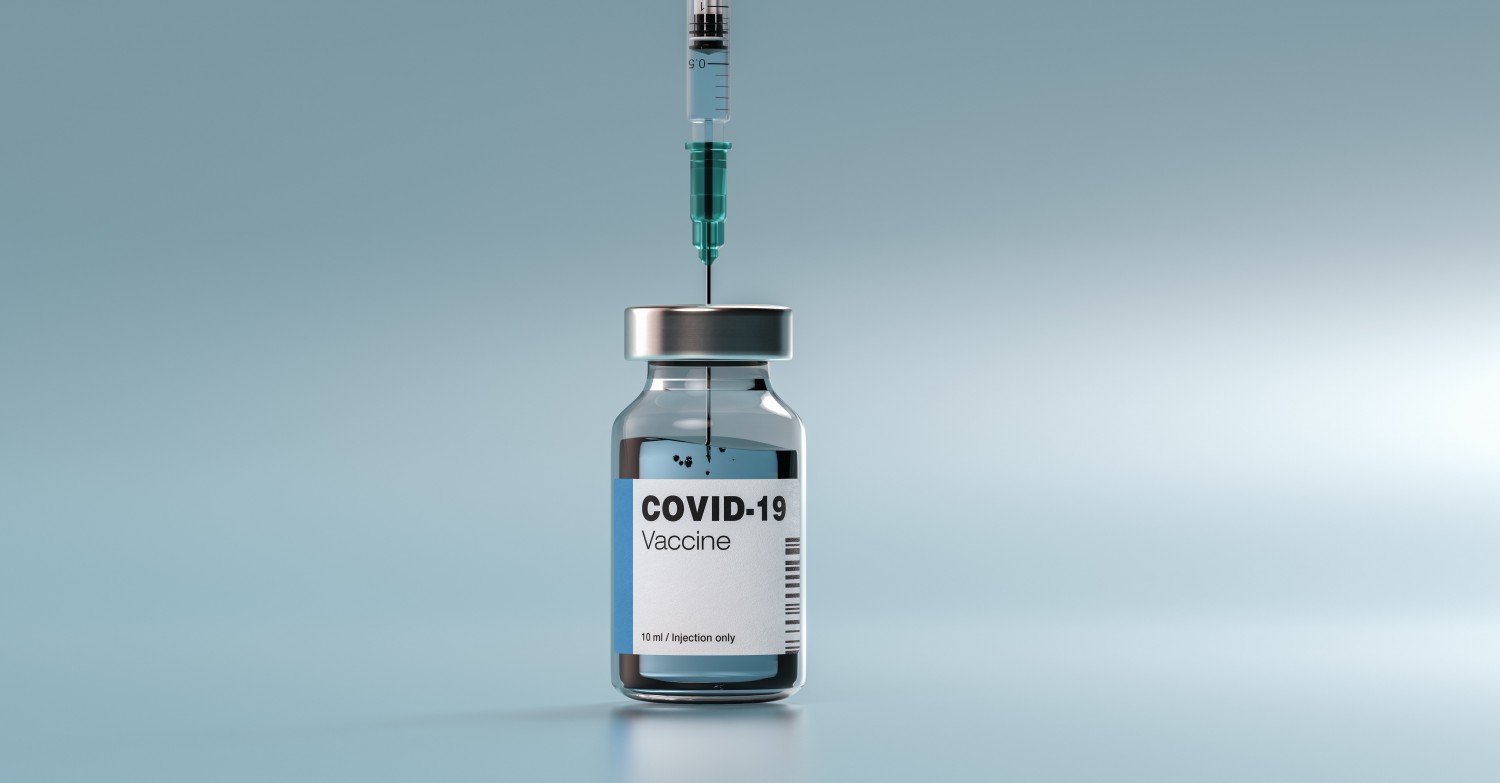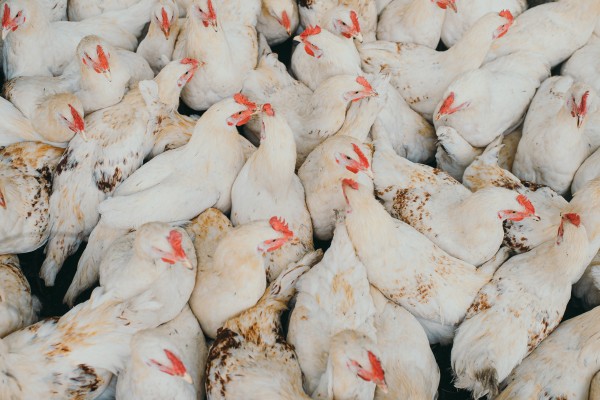According to a company exec, Aspen still has no orders for its COVID vaccine and cannot maintain idle lines indefinitely.
South Africa's Aspen Pharmacare will stop making COVID-19 vaccines from the end of this month due to a lack of orders, reported Reuters.
Aspen currently produces vaccines for Johnson&Johnson. In March, it struck a deal to produce, price, and sell its own-brand version of the shot for African markets.
Africa aims to produce 1.5 billion vaccine doses by 2040 to meet 60 percent of the continent’s needs, compared to the less than 1 percent it meets today.
That deal was considered a game-changer for a continent frustrated by sluggish Western handouts. But, while only a fifth of adults in Africa are fully vaccinated, according to the African Centres for Disease Control and Prevention, demand for shots have failed to materialise.
Aspen has had no orders for its Aspenovax vaccine and has not received orders from Johnson & Johnson beyond August.
Aspen has not received orders for its Aspenovax vaccine from Johnson & Johnson since August. Aspen’s initial plans aimed to boost annual capacity to 700 million doses by February and a further expansion to one billion doses to meet expected demand.
However, its existing Aspenovax production lines are currently sitting idle. Without Aspenovax orders, Aspen would be forced to convert production lines to manufacture anaesthetics, Aspen senior executive Stavros Nicolaou said.
For Africa to be less reliant on others for vaccine production, governments on the continent and international donors must be ready to pay higher prices for African-made shots, experts said.
Vaccines from China and India are produced in high volumes and can cost as low as $1 per shot. African-based producers won’t be able to compete with those prices, at least at the beginning, because their production costs are higher, Sai Prasad, the chair of the board at the Developing Countries Vaccine Manufacturers Network, said.
Earlier, the BRICS Competition Centre expert Elena Voynikanis noted that the reason for Aspen's failure was the momentary over-supply of vaccines from donor countries, which did not allow either health authorities or even the WHO to make new orders from Aspen.
"It is important to ensure the timely transfer of know-how and other information needed to produce vaccines and drugs,"
Elena Voynikanis said.




